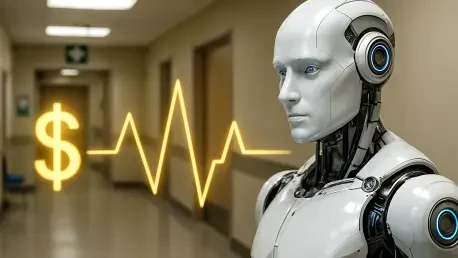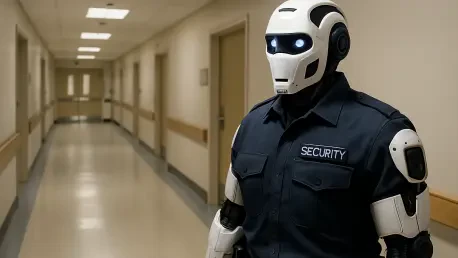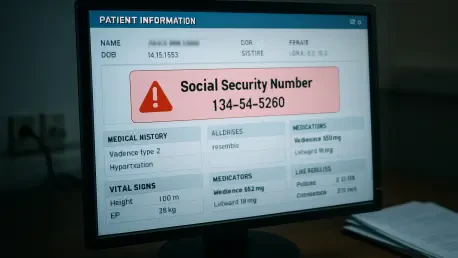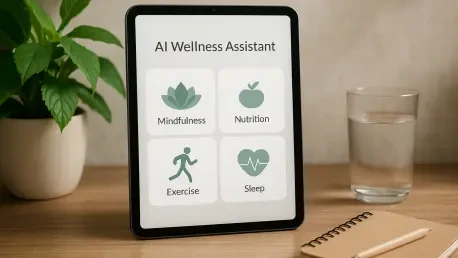
The United Kingdom has embarked on an ambitious journey to position itself as a global superpower in AI-driven healthcare, a quest that fundamentally depends on its ability to navigate the complex interplay between technological advancement and the sacrosanct principle of patient trust. This

The American healthcare system is navigating a period of profound financial instability, where the very foundations of hospital viability are being tested by a relentless convergence of economic pressures. A perfect storm of soaring operational costs, increasingly aggressive reimbursement denials

The rapid integration of artificial intelligence into everyday life has created a new frontier in healthcare, with millions turning to AI chatbots for quick answers to their medical questions. However, the very convenience that makes these tools so appealing is now being flagged as a critical

Hospitals are rapidly integrating a new class of technology capable of independent thought and action, transforming the healthcare industry into the ultimate proving ground for artificial intelligence. With the sector generating over 30% of the world's data, AI is being woven into the fabric of

The intricate web of digital healthcare services has created unprecedented efficiencies, but it has also exposed a critical vulnerability in the supply chain, where a single breach at a third-party vendor can have devastating consequences for countless patients. This reality was brought into sharp

Navigating the fragmented landscape of personal health information, from disparate lab results and doctor's notes to daily fitness tracker data, has long been a significant challenge for individuals seeking a comprehensive understanding of their own well-being. In response to this growing need for